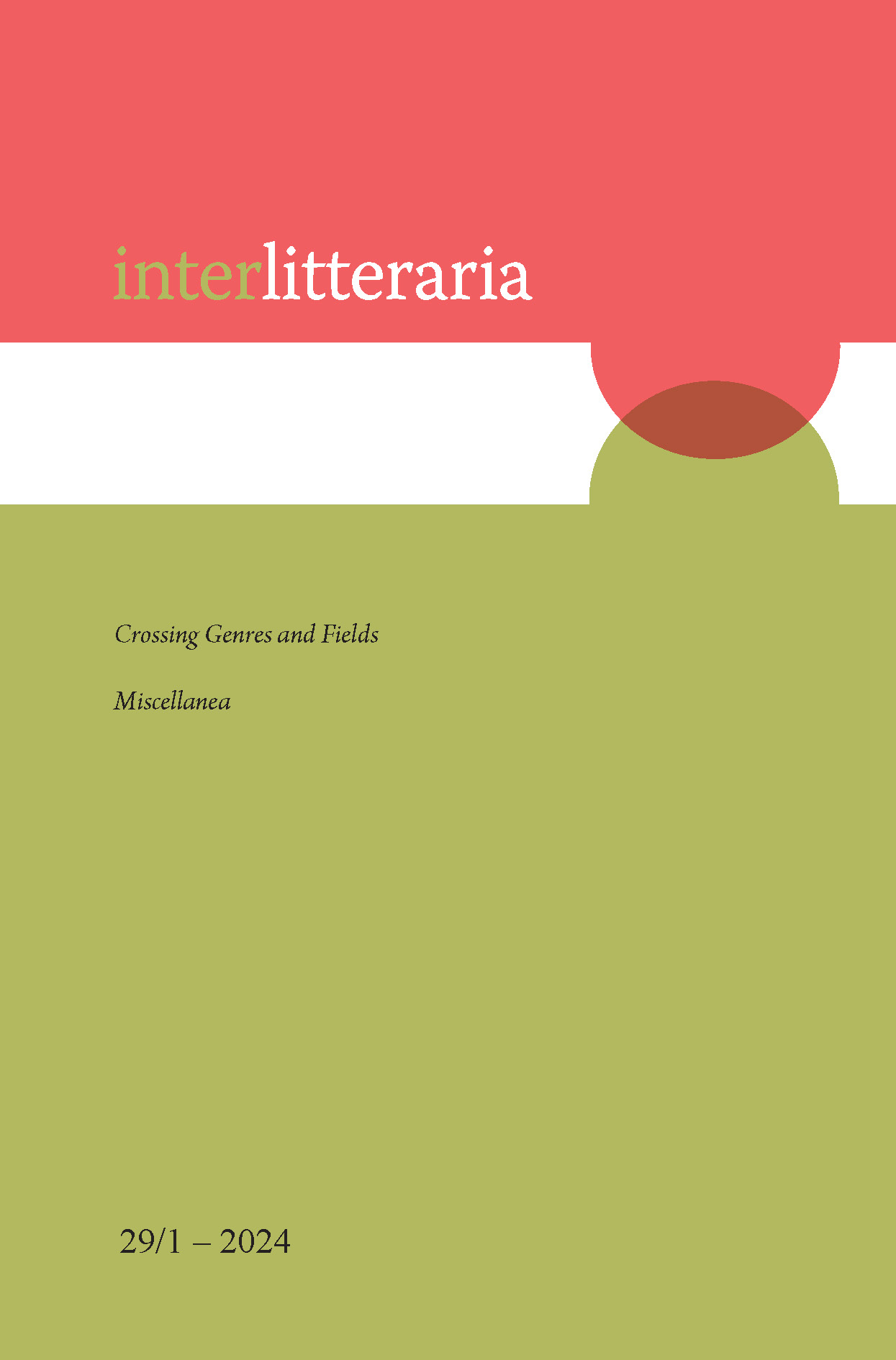Home in Han Suyin’s 'Till Morning Comes' from the Perspective of New Cultural Geography
DOI:
https://doi.org/10.12697/IL.2024.29.1.9Keywords:
Han Suyin, home, new cultural geography, landscape, identityAbstract
Viewed through the lens of new cultural geography, a geographical landscape is a symbolic system showing the beliefs and values of society, as in the case of the home landscape. The article employs Mike Crang’s concepts of landscape and home to examine different homes in Han Suyin’s Till Morning Comes (1982). From leaving homes, searching for homes to returning homes, Stephanie, an American woman in diaspora, is exposed to different cultures, experiencing a sense of home in China, a sense of homelessness in both China and America, and a sense of being between worlds. In the process of searching for a home, Stephanie constructs her identity as a Chinese and eventually as a world citizen. The home in the novel is more than just a dwelling place; it is a place signifying cultural identity and a meaningful space that influences the identity transformation of a diasporic woman. The article therefore uses a textual analysis approach to explore how homes are represented and how a diasporic woman’s identity is affected by the home landscape she experiences in Till Morning Comes. This novel’s exploration of home illuminates the unique experience of a diasporic woman, highlighting the importance of re-evaluating Han’s work within the framework of contemporary cultural geography.
Downloads
Downloads
Published
Issue
Section
License
Copyright (c) 2024 Xiaoling Hu, Arbaayah Ali Termizi

This work is licensed under a Creative Commons Attribution-NonCommercial-NoDerivatives 4.0 International License.
The contents of Interlitteraria are published under CC BY-NC-ND licence.


